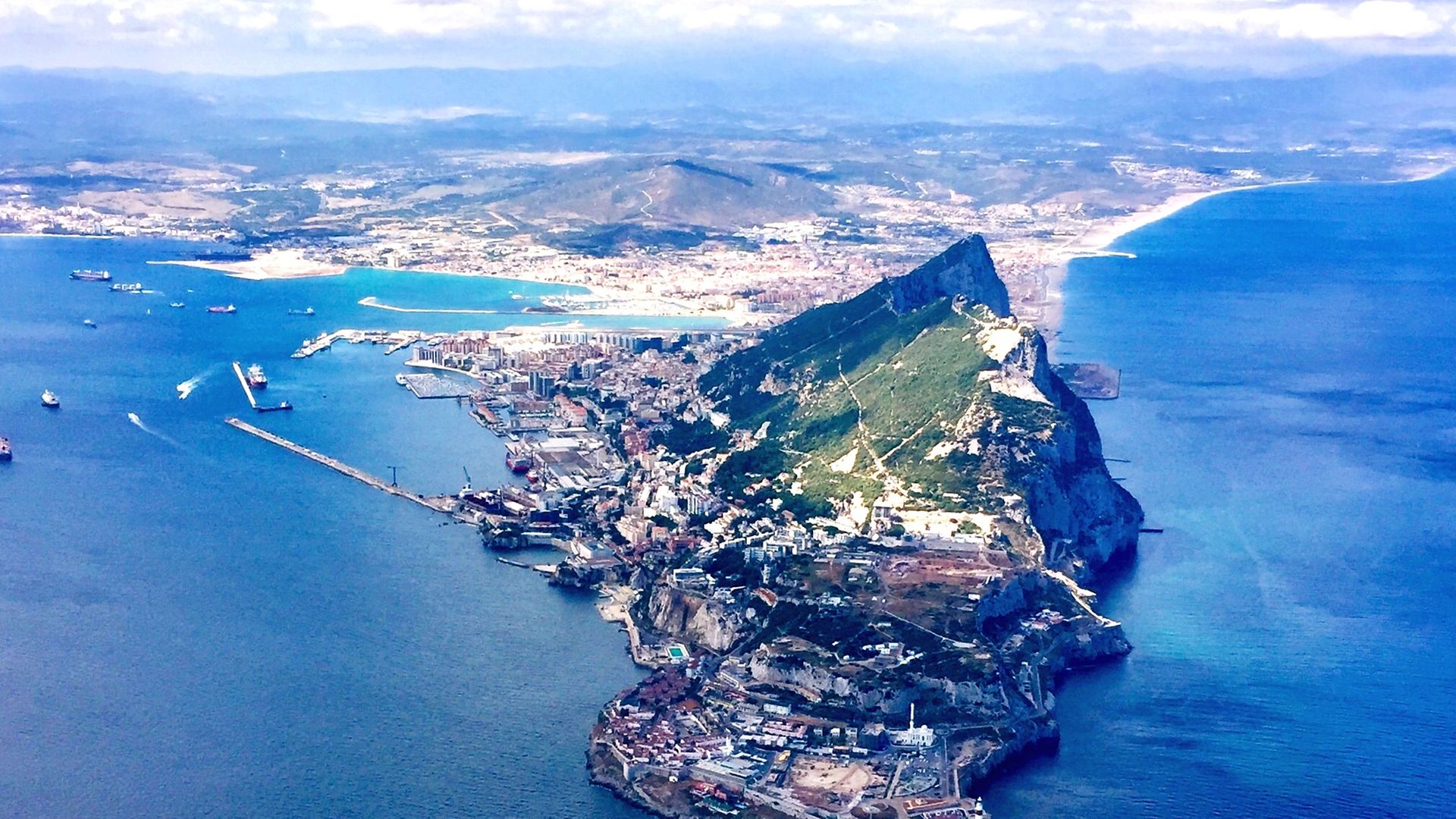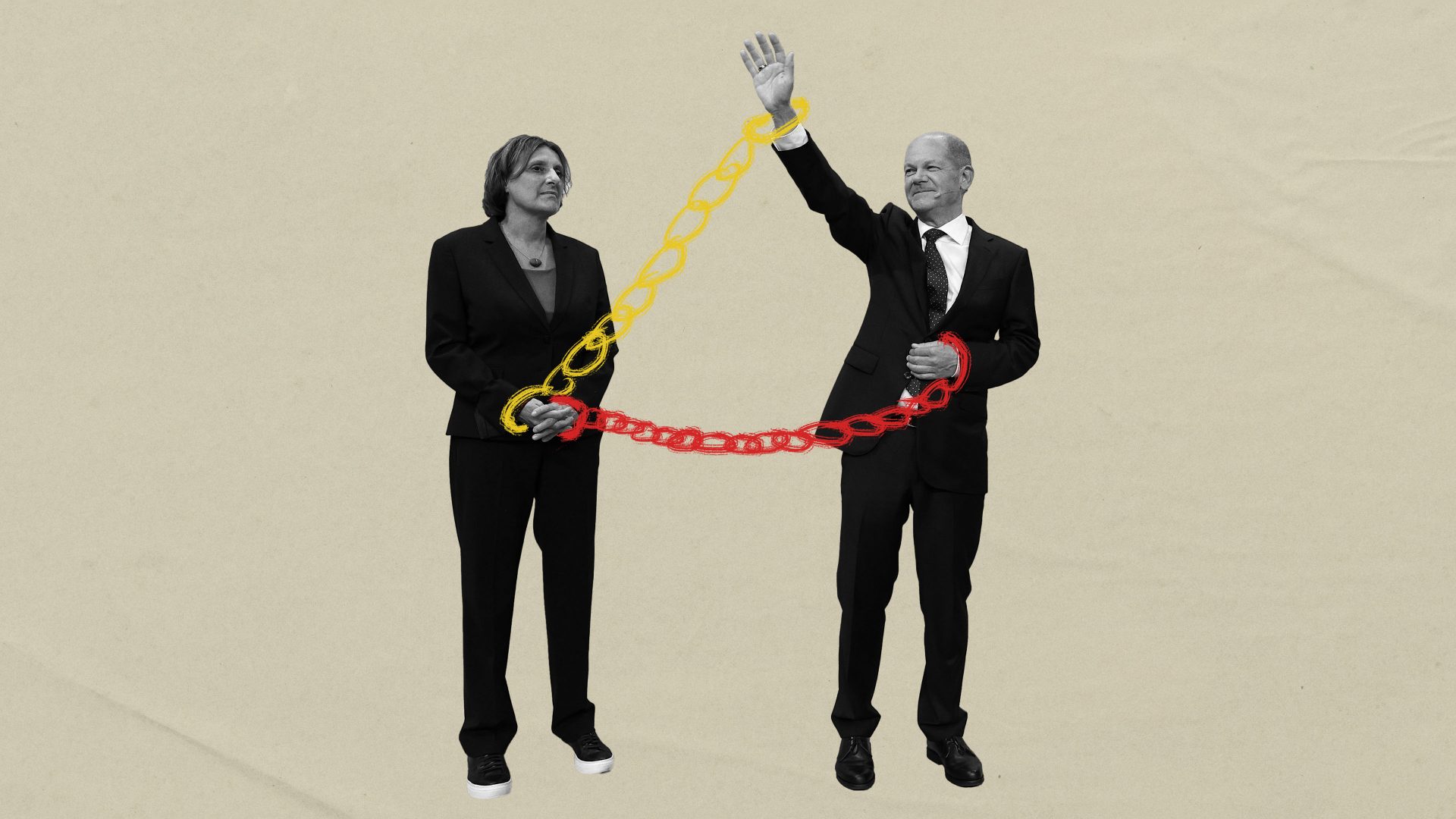At Easter I visited Marettimo, the wildest and most distant island in the Egadi archipelago, which stretches out from Sicily’s western coast.
Down at the harbour I bought a handful of yummy little fish called minnole from a fisherman named Giovanni. It’s the kind of working seafront where the locals like to kill time, and while I was there, the subject turned to ancient Greek mythology.
“Did you know that our island is the real home of Odysseus,” said Giovanni. “He was Sicilian, not a Greek born on Ithaca, and it’s not true that Homer was a man, she was a Sicilian poetess”. I stared at him, not quite knowing what to say. But I was certainly intrigued. Was this man mad?
It turns out that the story of Odysseus’s Italian origins are surprisingly popular. Sicilian tourist boards are advertising it everywhere.
Whether or not it’s true, Marettimo is a stunning, little-known place of deserted inlets and tropical-like waters. Silence rules. Tall, pinkish granite cliffs, secluded pebble-stone beaches and colourful animal-shaped grottos dot the shores. There’s just one sleepy village made up of dazzling white and blue fishermen’s houses.
Alberto is a local who rents studios to holidaymakers. He tells me that Marettimo’s most famous admirer was the English author Samuel Butler. In his literary work The Authoress of the Odyssey, written in 1897, Butler claimed that Marettimo is the real Ithaca and that Homer never existed. The epic poem was written, he revealed, by a Sicilian poetess living in the mainland city of Trapani. Her name was Nausicaa and she was the daughter of a powerful king.
I grab my iPhone and do a quick google search – yup, Butler wrote that.
Marettimo’s ancient Greek name is Hiera, meaning “sacred”, and there are crumbly Byzantine chapels which nod to an ancient Greek past.
After reading Homer’s poem in ancient Greek, Butler set off on a grand tour of Sicily and landed in Marettimo in order to investigate his theory. He apparently found it a geographical match for Homer’s description of Ithaca.
As I stroll along the harbour past the tiny bars selling cannoli and cassatelle pastries I come to a little waterfront white-painted house with panoramic blue-framed windows and balconies overlooking the sea.
That’s the cottage where Butler stayed for months. An epigraph on the wall pays homage to him. Too bad it’s closed.
The wooden bench in front, where Butler would sit for hours in a daze, is losing its paint from exposure to the salty air. Old men now laze there, proud to boast such an elite past visitor.
I take up my seat on the bench, trying to find that same inspiration that struck Butler though unlike him, I don’t know ancient Greek so can’t really analyse Homer in the same way. But I’m spellbound by the magical quaintness of the place. One single road circles the whole island, watched over by a spooky, crumbly overhanging fortress.
Butler’s theory got me thinking. Across centuries, scholars have questioned the exact location of Ithaca and believe the wanderings of Odysseus took place around Sicily, not in the Aegean Sea. But then trying to pinpoint the exact locations of the hero’s adventures has always driven historians mad.
I decided to ask for some expert help and rang Simonetta Nannini, who is a professor of Greek literature at Bologna University, but I only ended up more confused. “Even though Homer’s description of Ithaca does not correspond to the actual island in Greece, there is little connection between the places narrated in the poem and real spots in the world,” she told me, adding that Odysseus’s entire journey might well have been an imaginary one.
Homer had never travelled nor seen any of the places he described, she said. He was, after all, blind.




